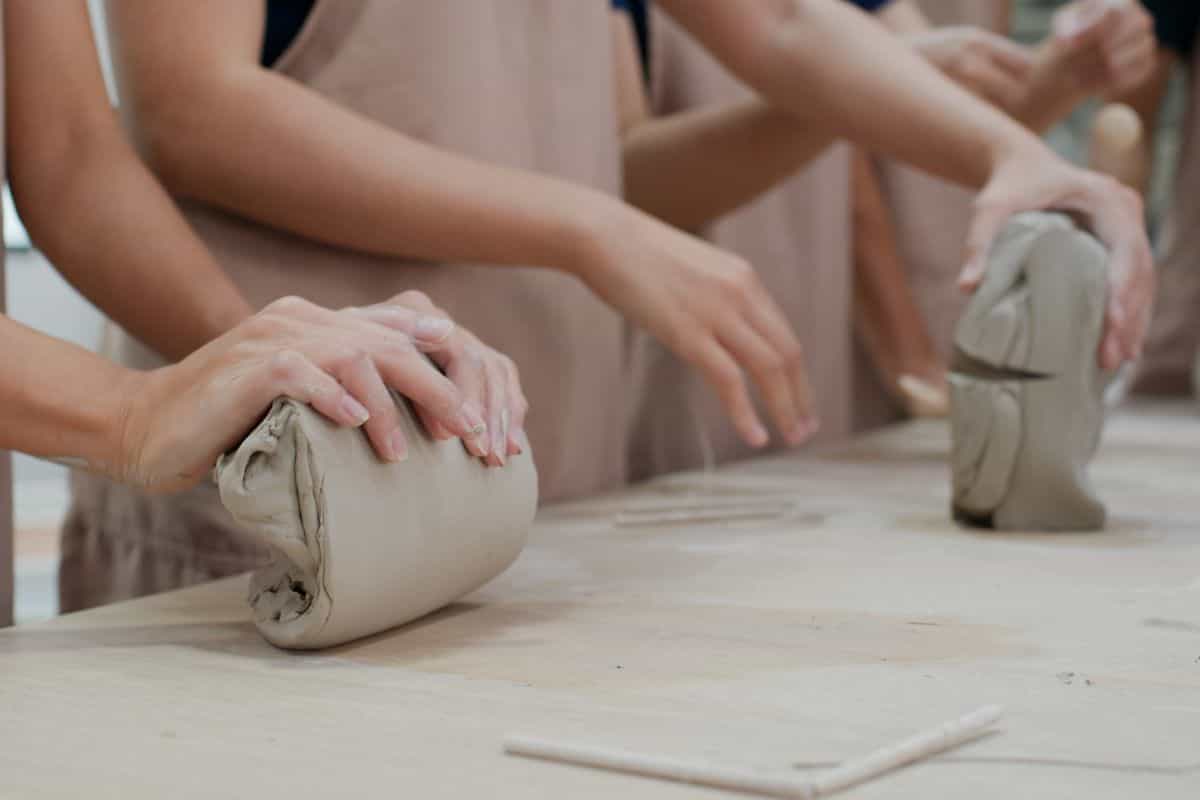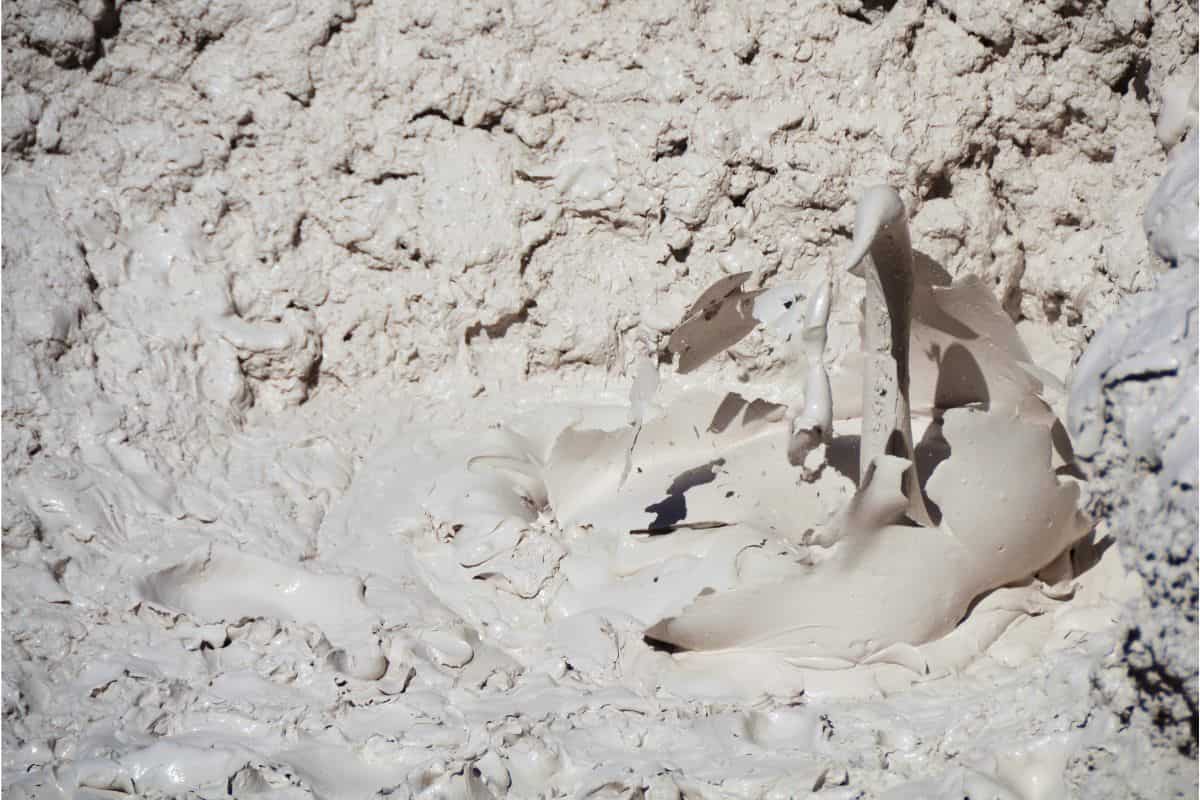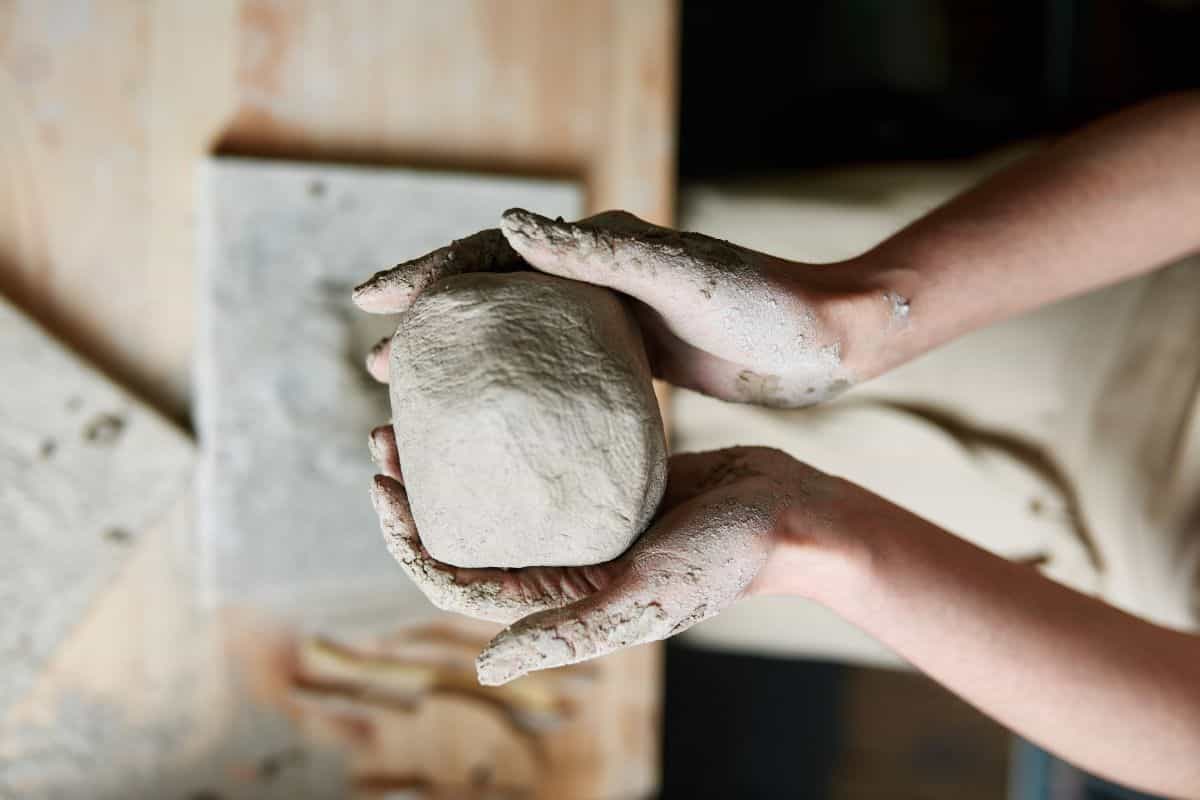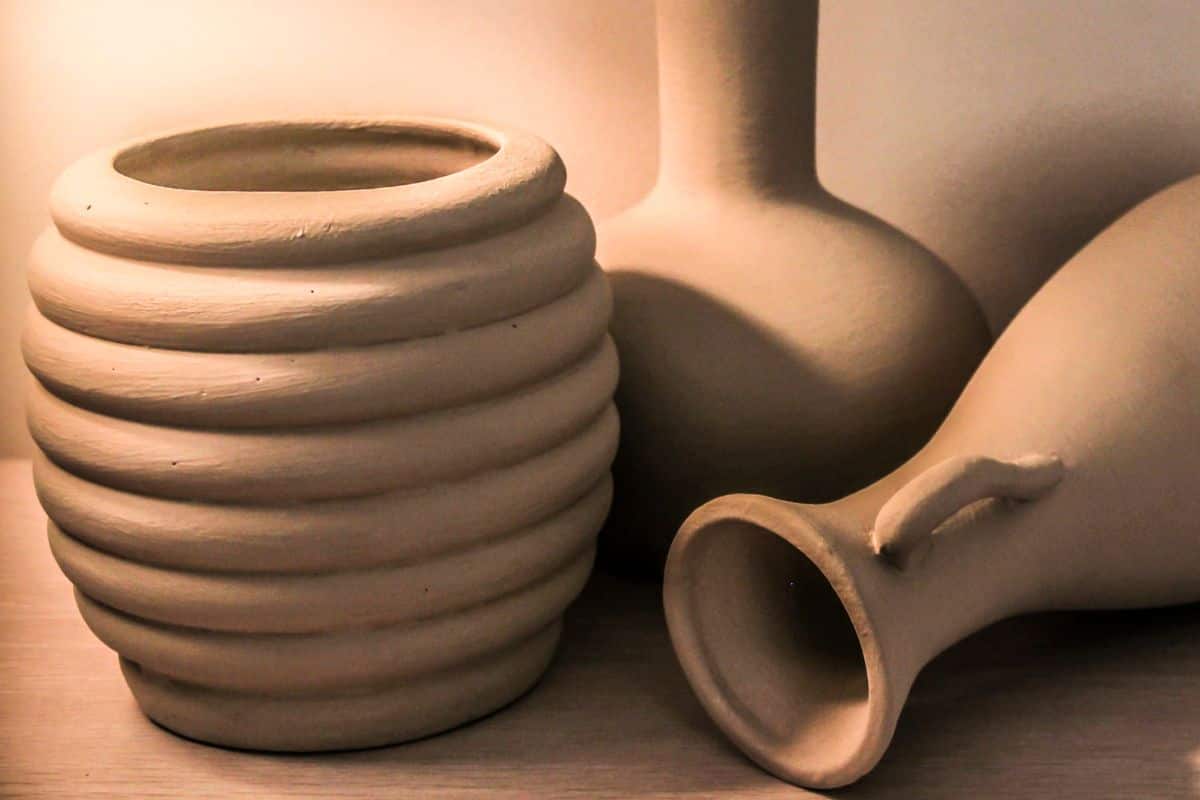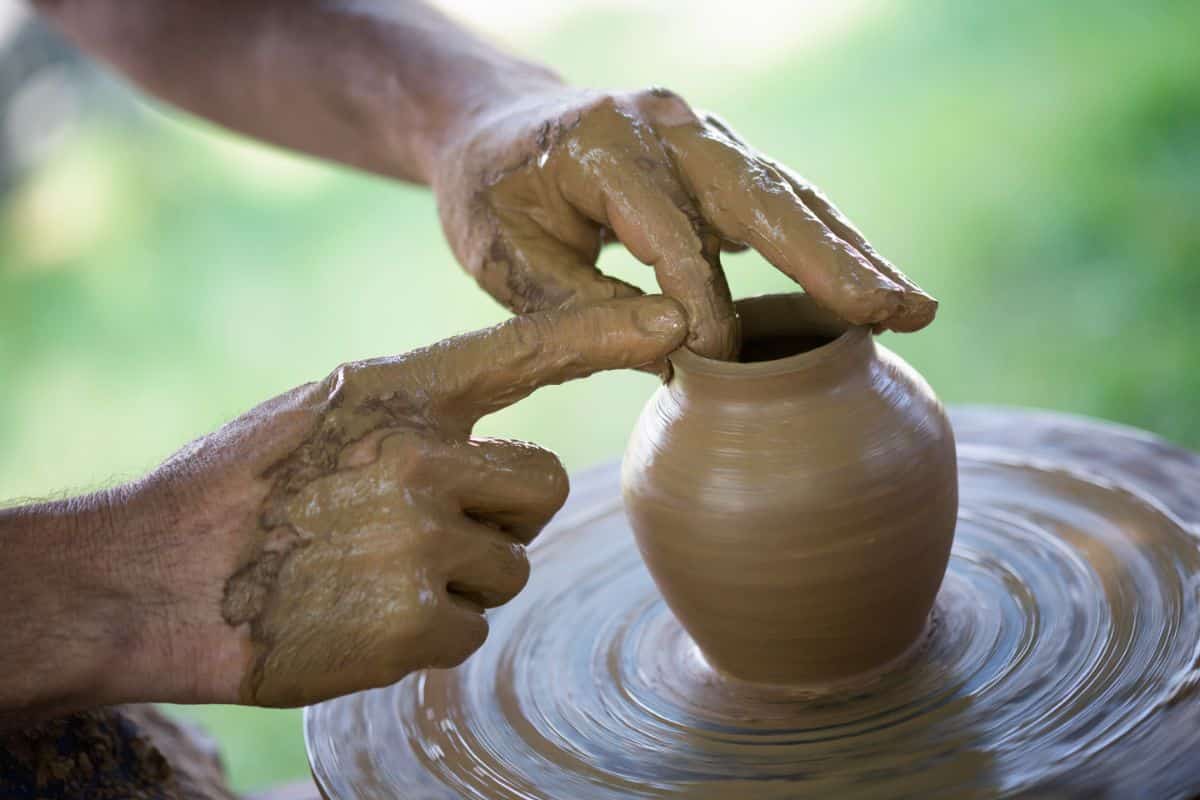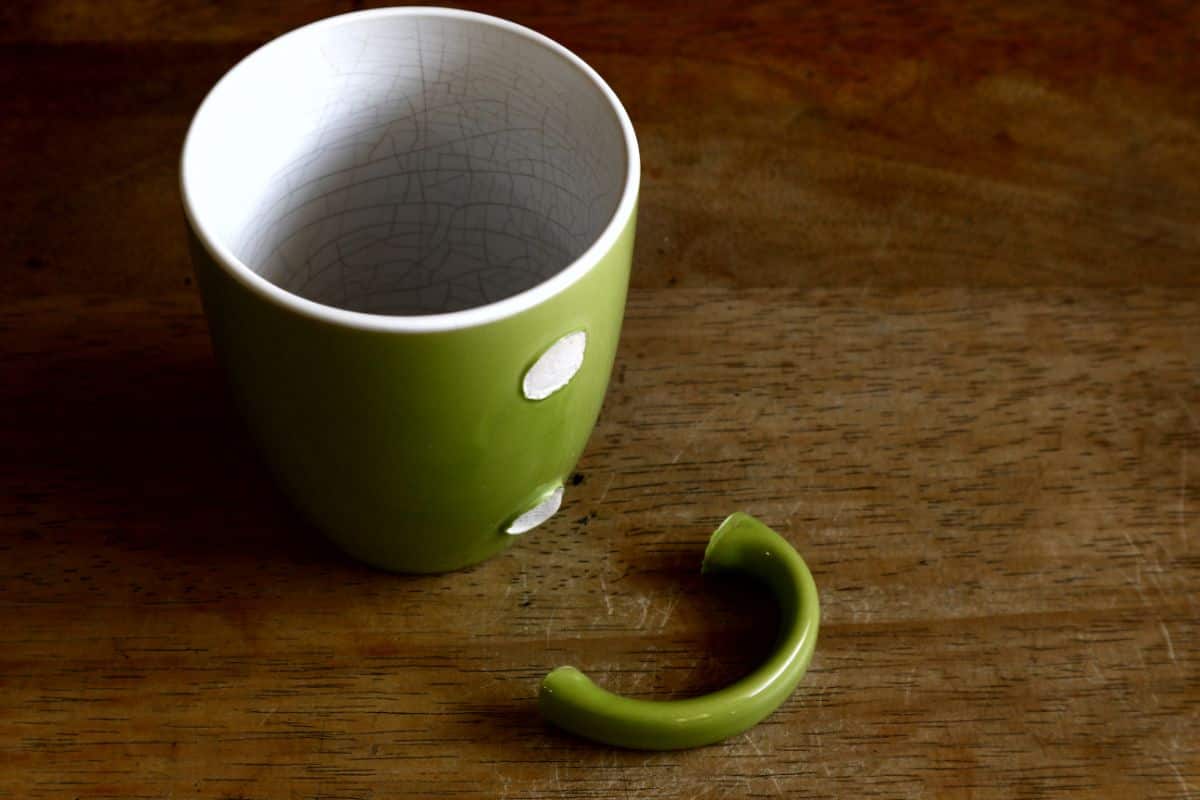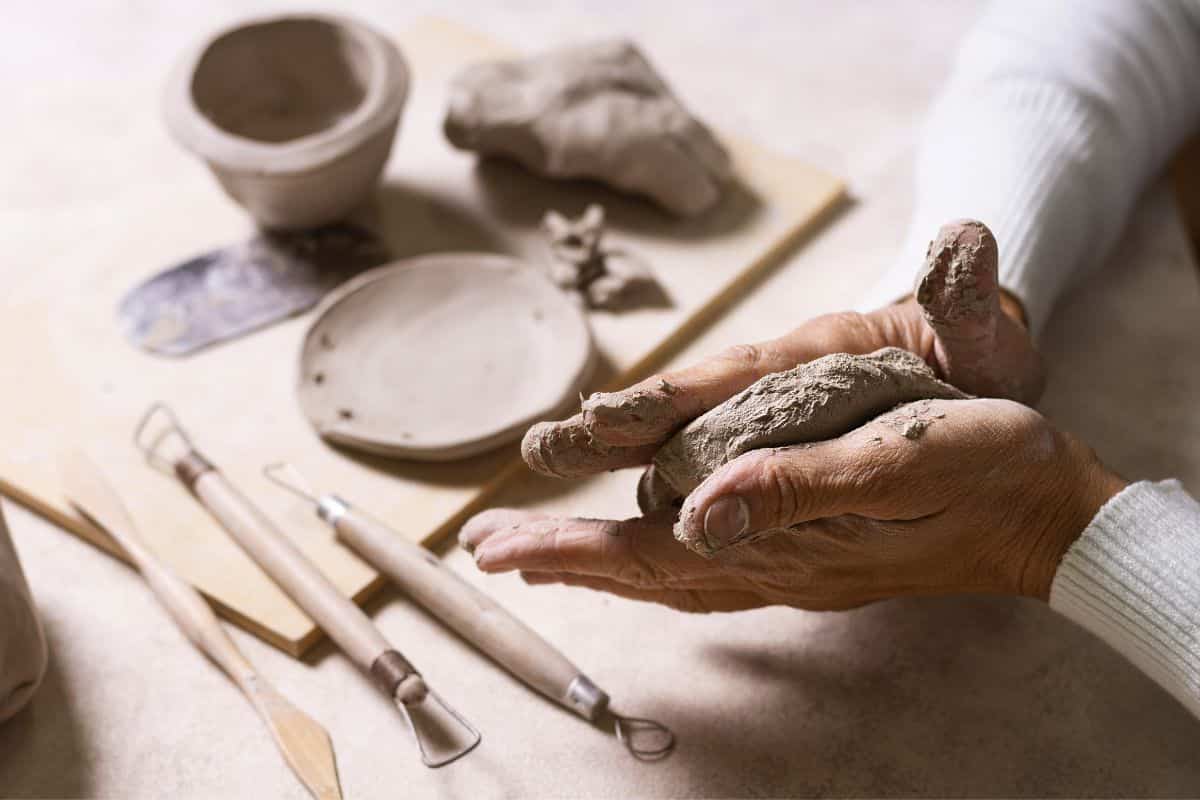The fundamentals of how pottery functions are the first things you should understand.
Understanding the many varieties of clay and knowing how to work with and fire it are all part of this.
There are numerous sorts of clay, and each has different qualities.
You should familiarise yourself with the various kinds of clay that are readily available and choose the one that is most appropriate for your project.
Learning to work with the clay is crucial after you’ve chosen it.
This includes being aware of the distinction among wet and dry clays, as well as knowing how to combine colours and make textures.
Depending on your degree of expertise and the type of project, mastering pottery might be challenging.
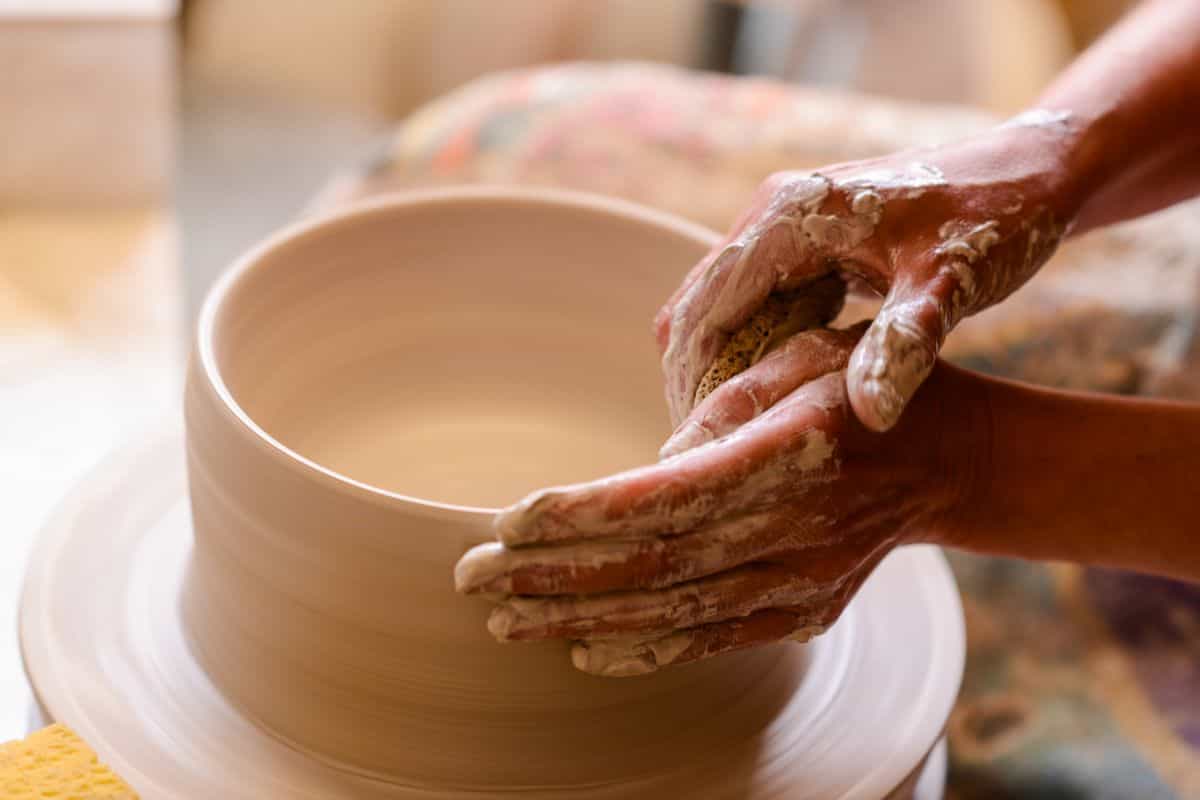
It will take a little time to acquire all the fundamentals needed to make pottery if you’re a complete novice. But with time and effort, you’ll be able to produce stunning ceramic works.
Most people discover that they can be more inventive with their pottery the more skilled they get. In this art form, there is always something new to learn.
There are many printed and online materials accessible if you’re looking for fresh tactics and tips.
And if you’re an expert potter, you can acquire many more sophisticated techniques to increase your pottery abilities.
But it’s crucial to keep in mind that the most seasoned potters were once novices!
This article is for you if you’ve ever wanted to study how to create pottery. We will cover everything you need to learn to begin working with clay in this extensive tutorial.
We’ll go over what you should know about pottery, how challenging it is, and how to locate resources that can teach you the craft.
Keep reading for all the basic knowledge you need to begin with this fantastic art form, whether you’re a total novice or an expert potter searching for new hints and tips!
How Do You Study Pottery?
Pottery can be learned in a variety of ways. Let’s examine several of the most widely used techniques:
1. Take A Class
You can enrol in a class at a nearby pottery studio or take an online course if you prefer an organised learning environment.
Taking a lesson at a nearby pottery studio is one of the finest methods to learn how to make pottery. This is a fantastic way of learning from an accomplished potter and gaining practical knowledge of clay.
The majority of pottery studios provide a range of classes for all skill levels.
Additionally, there are classes that concentrate on a particular style of pottery, like hand-building or sculpture.
As an alternative, you can enrol in an online course. If you prefer learning at your own speed or don’t live close to a pottery studio, this is a fantastic choice.
There are lots of excellent online courses available at all skill levels.
2. Study Books
Reading pottery-related literature is another excellent approach to study pottery at home.
You can master the fundamentals of this art form by reading one of the many excellent books on pottery.
Reading books is a terrific approach to study ceramics at your own speed and provides more freedom.
Each book can be read in as much time as you choose, and portions can be read again if necessary.
Starting with a beginners pottery book that addresses the fundamentals of clay work, such as shaping and glazing, is a smart choice if you’re a newbie.
You can read more complicated books that cover subjects like hand-building and sculpture as you grow.
3. Browse Videos
Videos and online lessons are an excellent method to learn pottery rapidly. Online, you can find a tonne of excellent pottery tutorial videos for all skill levels.
A fantastic approach to learn pottery is by watching videos so that you can see the methods in action.
Without needing to take a class, this is a fantastic method to figure out how to make pottery.
Almost any subject, from hand-building to sculpture, is covered in videos.
How Can You Study Pottery Online?
The web is your best resource for pottery instruction. There are many websites that provide ceramic tutorials for students of all skill levels.
1. Determine Your Level Of Skill
Determine your level of skill as a first step. What level of potter are you—beginner or intermediate? Once you know your level, you may start browsing for tutorials that are suited for it.
There are many introductory courses that may teach you the fundamentals of pottery if you’re a beginner.
On numerous websites, these tutorials are typically provided without charge.
There are many advanced tutorials available if you’re an intermediate potter looking to develop your abilities. These lessons typically cost a few bucks, but they are worthwhile.
2. Select An Appropriate Tutorial
The next stage is to find a tutorial that is appropriate for your degree of experience once you have determined it.
While experienced potters can pick from a number of advanced seminars, novices can begin with introductory classes.
3. Follow The Tutorial
The next stage is to observe the tutorial once you’ve selected one that’s appropriate. Although it can seem like a no-brainer, many people don’t finish the tutorial.
They frequently skip right to the bits and overlook anything else.
This is a serious error. It’s crucial to follow the tutorial through to the end in order to fully comprehend all the procedures.
You’ll probably get lost and be unable to follow along if you jump ahead.
4. Practice, Practice, Practice
Practice, practice, and more practice is the key to learning. For ceramics, this is especially true. You’ll get better the more you practise.
It’s crucial to put the skills you’ve acquired from the tutorial into practice. Avoid attempting to produce intricate parts immediately away.
Before progressing to more intricate pieces, start with simpler ones to help you learn the techniques.
Final Thoughts
It’s critical to keep in mind that mastering pottery is a journey. Learning all the fundamentals needed to create excellent pottery requires patience and practise.
But if you’re persistent and patient, you can learn to produce pottery at home!

